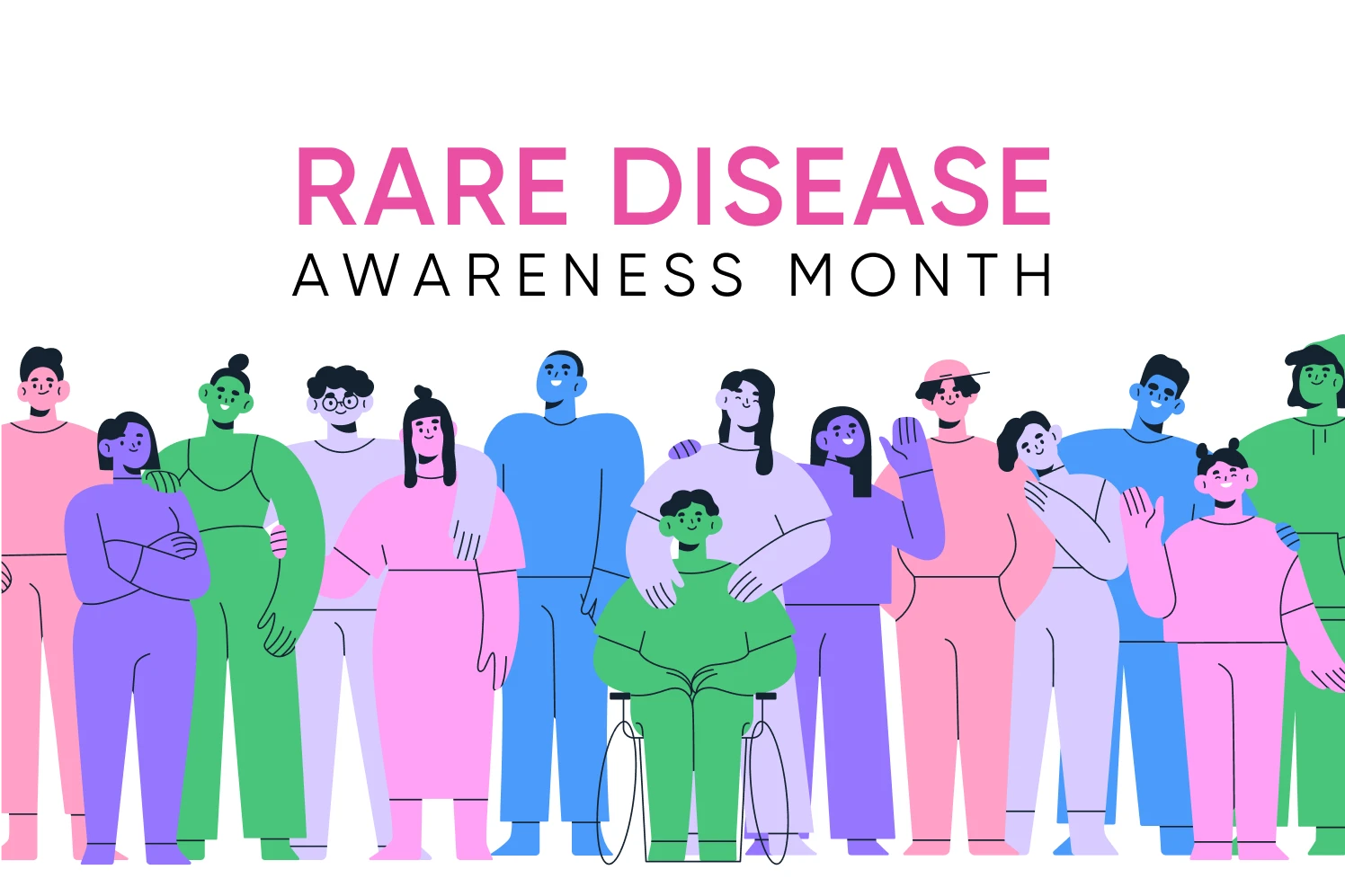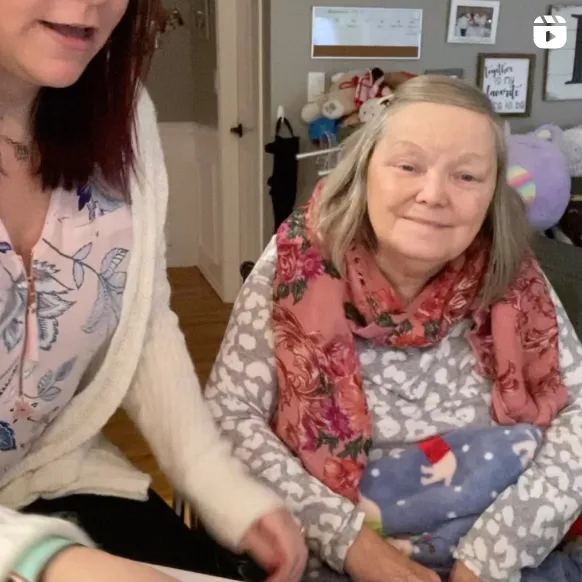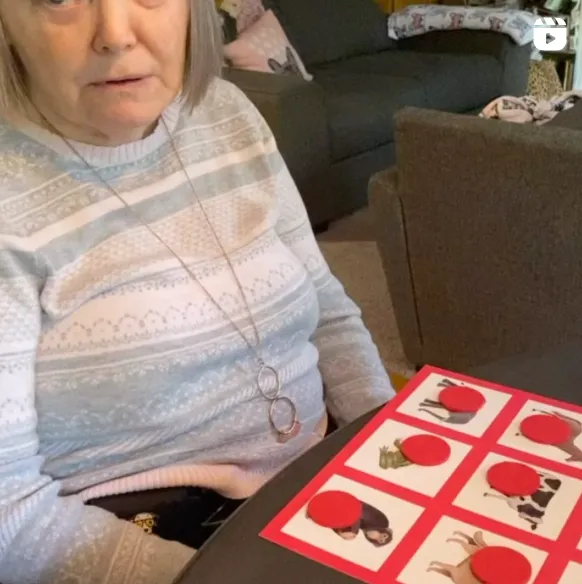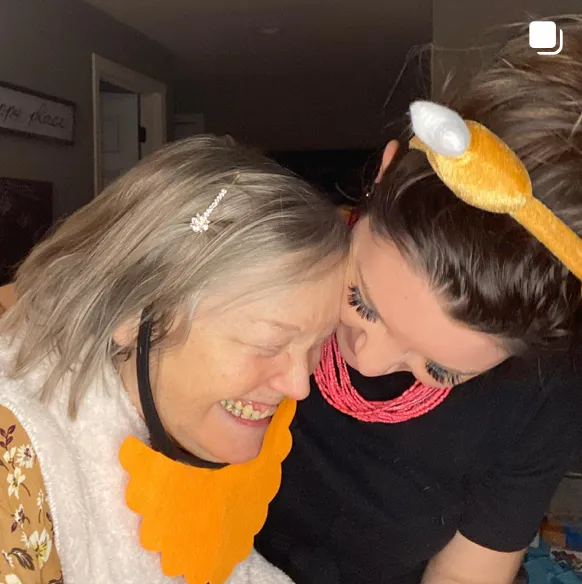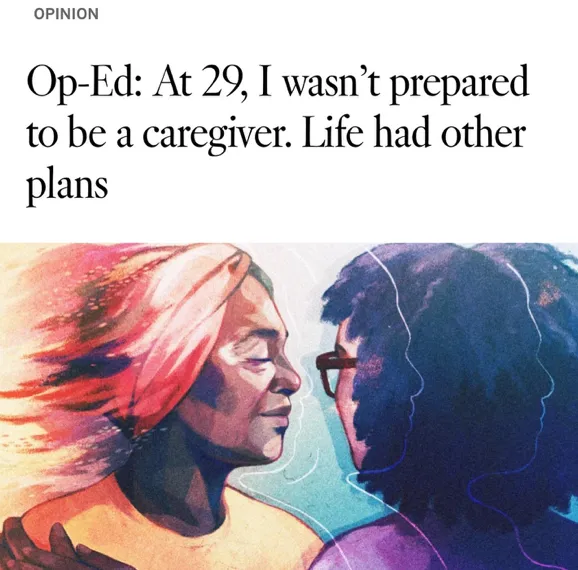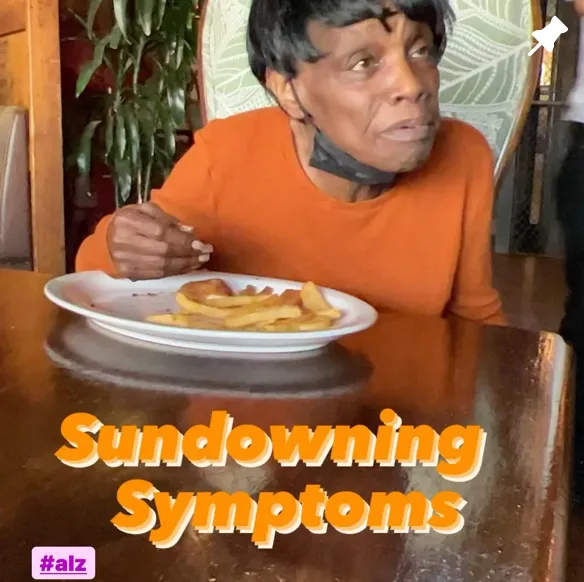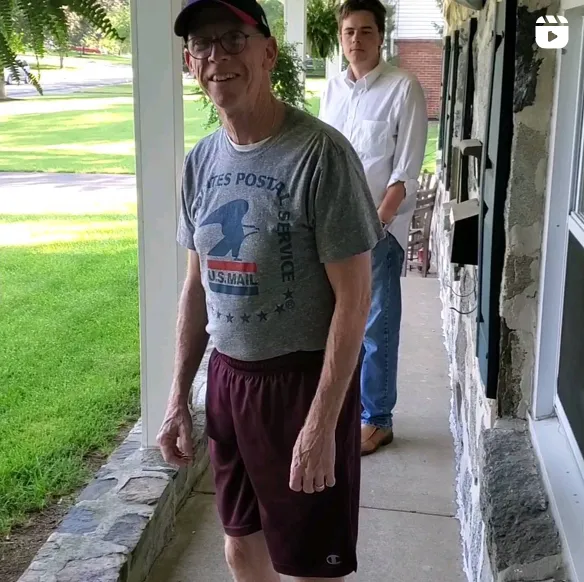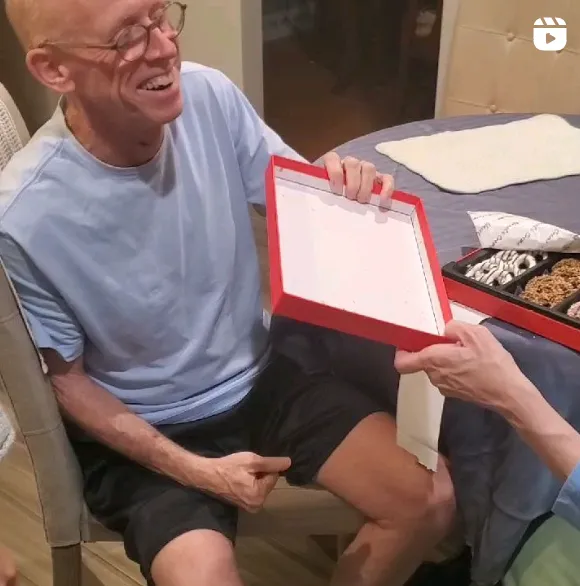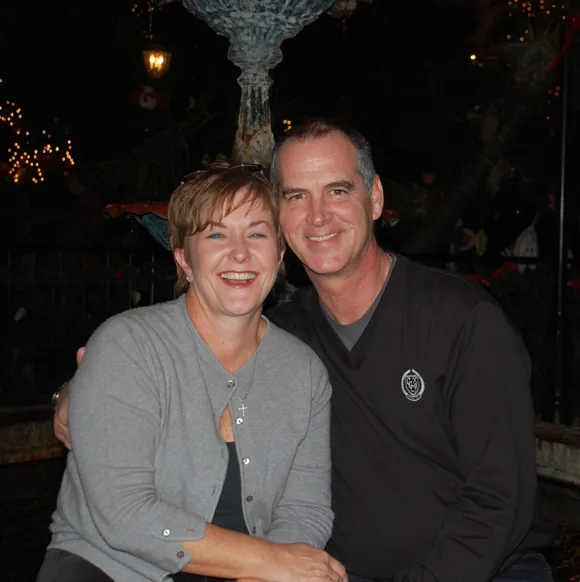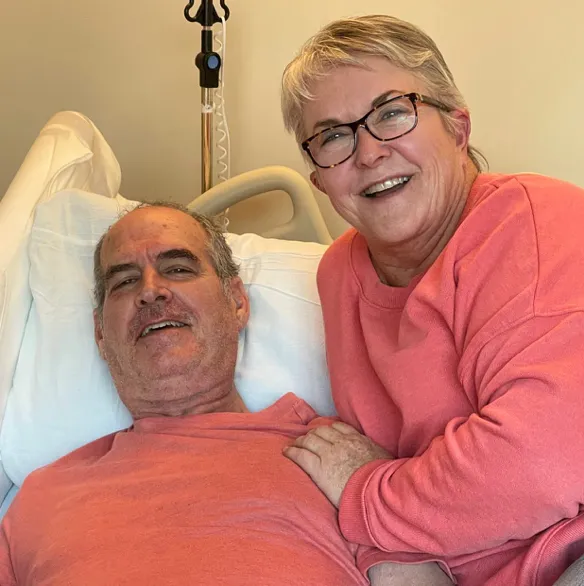John Marquette, a 59-year old retired librarian, spent most of his adult life in Southern California where he received all his medical care from one provider, Kaiser Permanente. This meant that all his medical records were saved in the same network and managed by Epic, an electronic medical records system.
After John retired in 2010, he moved to Pennsylvania and out of the Kaiser Permanente network. Not long after the move, John was diagnosed with an irregular heartbeat and began to have issues with his vision. “At age 59, things don’t work the way they did when I was 27.”
John believes strongly in finding the right doctor, someone he feels comfortable with who can give him the best care. After meeting with several new doctors, John’s medical records were scattered among physicians that didn’t have a standard system in place to communicate with one another. “My vision needs are addressed by an ophthalmologist who is not in Epic’s system and an associated optometrist who is also not in their system.”
John also travels frequently: he spends a month in Italy every 12 - 18 months. A few years ago, he needed to see a physician in Italy. John had to carry his existing medical records with him to Italy and then had the Italian physician's office print his new records so he would have copies in the US. It worked, but it was not an efficient process. John realized he needed to figure out how to better coordinate care among all his new providers himself.
Requesting and transferring his historical medical records from Kaiser Permanente was not an easy process. “I had a few records,” he recalls, “And my local health system, Lehigh Valley Health Network, was in the process of converting from its legacy system to Epic, but it didn’t seem to be working for me. My local health system just couldn’t easily go back to Kaiser. I had to fetch everything myself.”
John read about PicnicHealth on TechCrunch and immediately saw that it met his need for an autonomous service that could help him collect and track his historical medical data. As a retired librarian, John understands the value of having information at hand. “Information is data that has value associated with it. I need information about my medical care to make sure that I can stay healthy.”
John has found PicnicHealth to be a highly useful tool in staying on top of his health history. “PicnicHealth is very helpful. I can now make sure that I have an understanding of what’s going on when I go to doctors. I can be sure I have all my information ready. For me it’s about peace of mind.”
In addition, John has been impressed by how PicnicHealth presents his medical data, especially his bloodwork and prostate information. “When PicnicHealth began the process of acquiring medical records from all of my providers, I noticed they were doing stuff that even Kaiser and Epic weren’t doing. PicnicHealth provides me with a far more helpful way of looking at my medical lab tests over time. I had never seen my data presented in such an easily understandable format. When I’ve shown my timeline to other people, they’re surprised. They don’t realize how straightforward medical records can be if they’re well presented.”
"People don’t realize how straightforward medical records can be if they’re well presented."
According to John, Kaiser and Epic provided him with his test results information in a more scattered manner: “A little from here, from there. And then nothing when I left their system.” (It has been about 4 - 5 years since John was last seen at Kaiser.) “The way PicnicHealth displays my medical information presents a better picture of who I am over time rather than just a snapshot.”
John would recommend PicnicHealth to “escapees”: those who have retired, sold their places, and now travel around the country. “If you are receiving health care in several different parts of the country,” he notes, “PicnicHealth is the single thing that will keep everything in one spot.”














